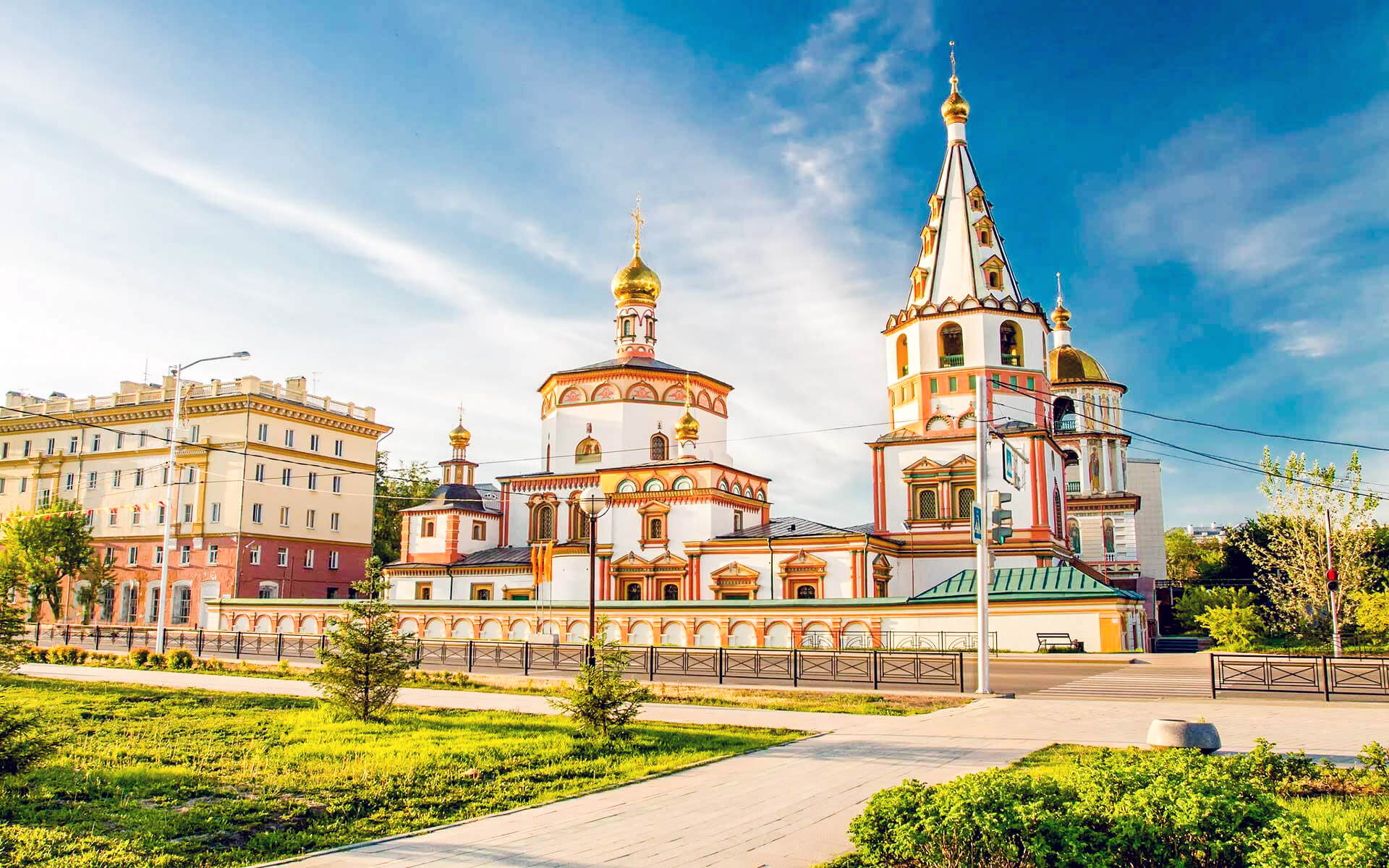[lwptoc]
Irkutsk is a city in Russia and the administrative headquarters of Irkutsk Oblast. It is one of the major cities in Siberia.
Irkutsk was established in 1661 as a trade post for gold and furs. It was linked to Europe via a route built around 1760.
Following the Decemberist Insurrection of 1825, many Russian artists, officers, and aristocrats were exiled to Siberia for their role in the revolt against Tsar Nicholas I, and by the late 1800s, 30 percent of the city’s population was exiled. Irkutsk became a significant center of intellectual and social life for these exiles, and they are responsible for much of the city’s cultural history. Many of their wooden cottages, ornately decorated with hand-carved embellishments, still stand in sharp contrast to the adjacent Soviet apartment structures. Because of its broad avenues and elaborate, western architecture, the city was dubbed “Paris of Siberia” about 1900, although visitors today will find little similarity to Paris.
During the civil war that erupted in the aftermath of the Bolshevik Revolution in 1917-1922, Irkutsk was the scene of many ferocious, brutal fights between the “Whites” and the “Reds” (aka Bolsheviks). A number of city landmarks from the period still stand. Kolchak, the once-feared leader of the greatest detachment of anti-Bolshevik soldiers, was executed in Irkutsk in 1920, thereby putting an end to the anti-Bolshevik struggle.
Irkutsk is now the sixth biggest city in Siberia, with a population of around 590,000 people. Because of its closeness to Lake Baikal, it is home to multiple universities and a significant division of the Russian Academy of Sciences.


